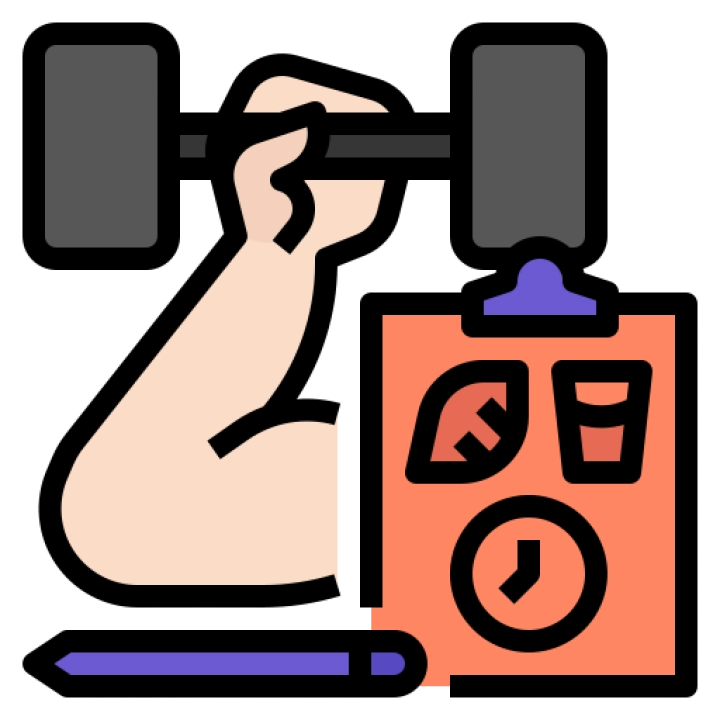College: Institute of Graduate Programs
This specialization explores the science behind physical activity, fitness, and human performance. Students study anatomy, physiology, biomechanics, nutrition, and training techniques to understand how to improve fitness and sports performance. The program focuses on evidence-based practices, injury prevention, personal training methods, and prepares graduates for careers in fitness training, sports science, rehabilitation, and wellness programs.
Learning Objectives:
- Understand the physiological, biomechanical, and psychological principles of exercise.
- Develop skills in designing and implementing effective training programs.
- Learn techniques to assess fitness levels and monitor progress.
- Explore strategies for injury prevention and rehabilitation.
- Analyze the role of nutrition and recovery in performance enhancement.
- Study trends in sports science, technology, and innovation in fitness.
Main Outline:
- Introduction to Exercise Science and Training - Overview of exercise science and its applications in health, fitness, and sports.
- Human Anatomy and Physiology - Study of the musculoskeletal and cardiovascular systems and their roles in physical activity.
- Exercise Physiology - Exploration of how the body responds and adapts to exercise at cellular and systemic levels.
- Biomechanics - Principles of human movement and techniques to enhance efficiency and reduce injury risks.
- Training Program Design - Methods for creating tailored fitness and strength training plans for various populations.
- Sports Nutrition and Recovery - Study of nutritional strategies and recovery techniques to enhance sports performance.
- Injury Prevention and Rehabilitation - Techniques for identifying, preventing, and managing common exercise-related injuries.
- Fitness Assessment and Monitoring - Tools and techniques for assessing fitness and tracking progress.
- Emerging Trends in Exercise Science - Developments in wearable fitness technology, virtual training, and sports analytics.
- Capstone Project - Practical application of training science through a comprehensive fitness program or research project.
Assessment Methods:
- Practical labs in exercise physiology, biomechanics, and fitness assessment.
- Group projects on training program design and implementation.
- Internships at fitness centers, sports teams, or rehabilitation clinics.
Recommended Textbooks:
- "Essentials of Strength Training and Conditioning" by NSCA.
- "ACSM's Guidelines for Exercise Testing and Prescription" by the American College of Sports Medicine.
- "Physiology of Sport and Exercise" by W. Larry Kenney et al.
Prerequisites:
Basic knowledge of biology and interest in fitness and health is recommended.
Duration:
Typically 4 years, including coursework, labs, and internships.
Target Audience:
Aspiring fitness trainers, sports scientists, and health professionals aiming to improve human performance and promote wellness. This specialization prepares students to integrate scientific principles with practical training strategies, enabling them to lead in the fields of fitness, sports, and health enhancement.

